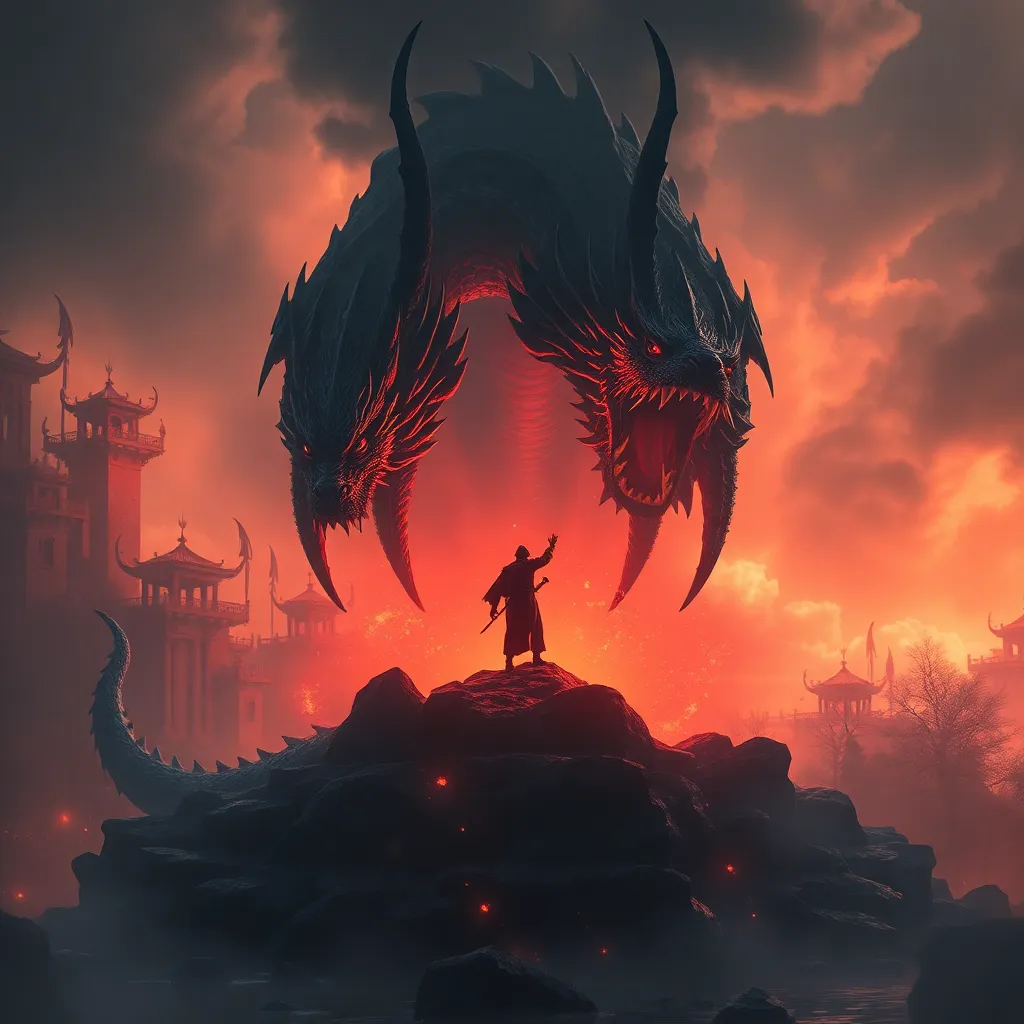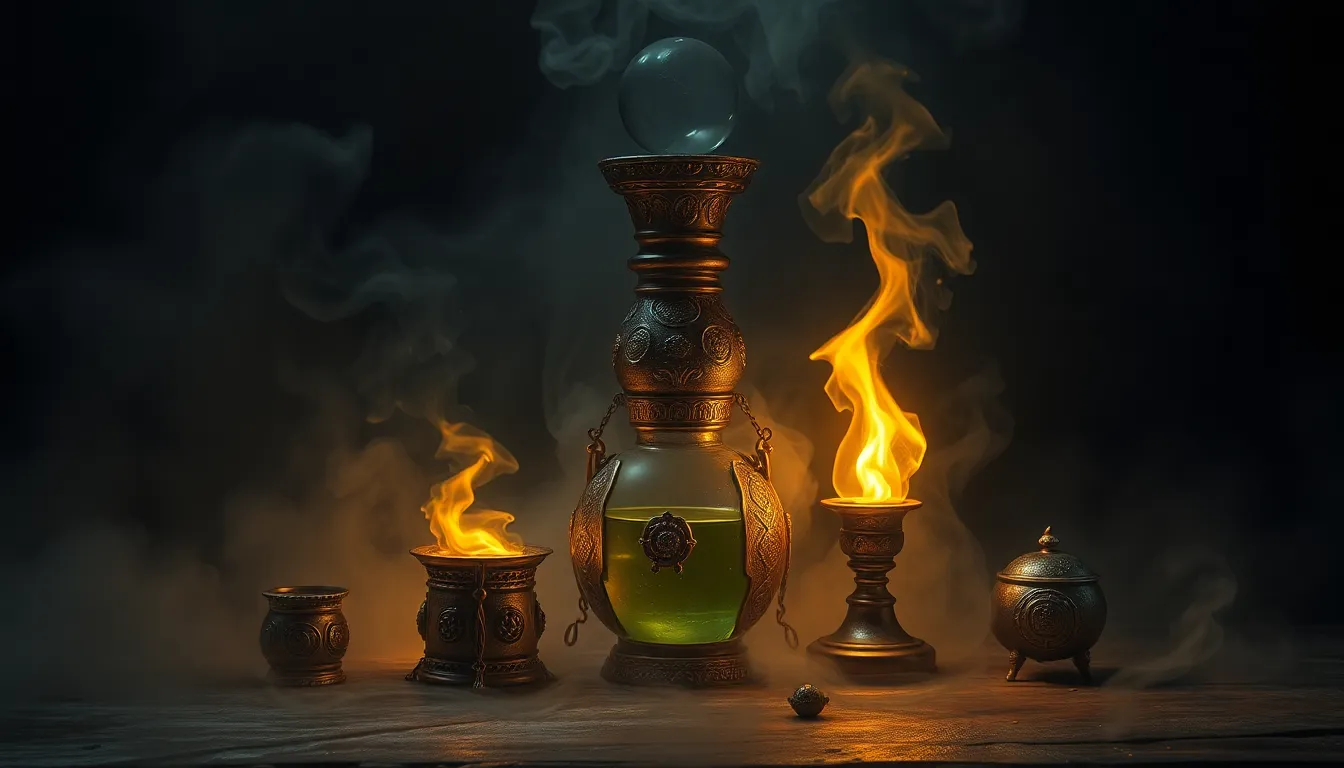The Concept of Time in Norse Mythology
Norse mythology, a rich tapestry of stories and beliefs from ancient Norse cultures, holds a profound understanding of time. Let’s delve into how time is perceived and represented in Norse mythological beliefs.
The Norns and the Web of Fate
In Norse mythology, time is intricately woven by the Norns, the prophetic goddesses of destiny. These three powerful beings, Urd, Verdandi, and Skuld, are responsible for carving the destiny of individuals and gods alike. They live at the base of Yggdrasil, the world tree, where they spin the threads of fate. The Norns symbolize the past, present, and future, shaping the narrative of existence itself. Their web of fate determines the lifespan of beings, heralding the intricate balance between past actions and future consequences.
Ragnarök: The End of Time
Central to Norse mythology is the cataclysmic event of Ragnarök, the end of the worlds and time itself. Foretold in prophecies, Ragnarök marks a series of events leading to the destruction of the Norse cosmos. It is a cycle of death and rebirth, where gods, giants, and mortal beings face their ultimate destinies. Baldr, the god of light and purity, is slain, setting forth a chain of events that unravel the fabric of time. Yet, from the ashes of destruction, a new world emerges, symbolizing the cyclical nature of time within Norse mythology.
The Eternal Flame of Time
In Norse cosmology, time is not a linear concept but rather a continuous cycle. The eternal flame of time, represented by the ever-burning fire in the realm of Muspell, embodies the eternal nature of existence. Just as the flame never extinguishes, time in Norse mythology is seen as a perpetual force that drives the cycles of creation and destruction. This eternal flame serves as a reminder of the interconnectedness of all things in the grand tapestry of time.
The Timelessness of Tales
Through the epic sagas and myths of Norse mythology, time becomes immortalized in the tales of gods, heroes, and mythical creatures. These stories transcend generations, carrying the legacy of Norse cosmology through the sands of time. The poetic Eddas and sagas capture the essence of timelessness, highlighting the eternal nature of myth and folklore in shaping cultural identity and beliefs.
FAQ about The Concept of Time in Norse Mythology
What is the role of time in Norse mythology?
Time in Norse mythology is cyclical and tied to the concept of fate. The past, present, and future are interconnected, influencing each other in a continuous loop.
Who is the deity associated with time in Norse mythology?
The deity associated with time in Norse mythology is the god of time and fate, known as “Aldr.” Aldr is responsible for weaving the fabric of time and destiny for all beings.
How is time perceived in Norse mythology compared to other mythologies?
Unlike linear perceptions of time in some mythologies, Norse mythology views time as a series of repeating cycles. This cyclical view emphasizes the interconnectedness of all events.
What role does fate play in shaping time in Norse mythology?
Fate, or “wyrd,” plays a significant role in shaping time in Norse mythology. Events are predetermined by the Norns, weaving the destiny of all beings into the fabric of time.
How do the Norse myths explain the passage of time?
The passage of time in Norse mythology is measured by the cycles of day and night, the changing seasons, and the movements of celestial bodies like the sun and moon. These natural phenomena define the rhythm of time.



